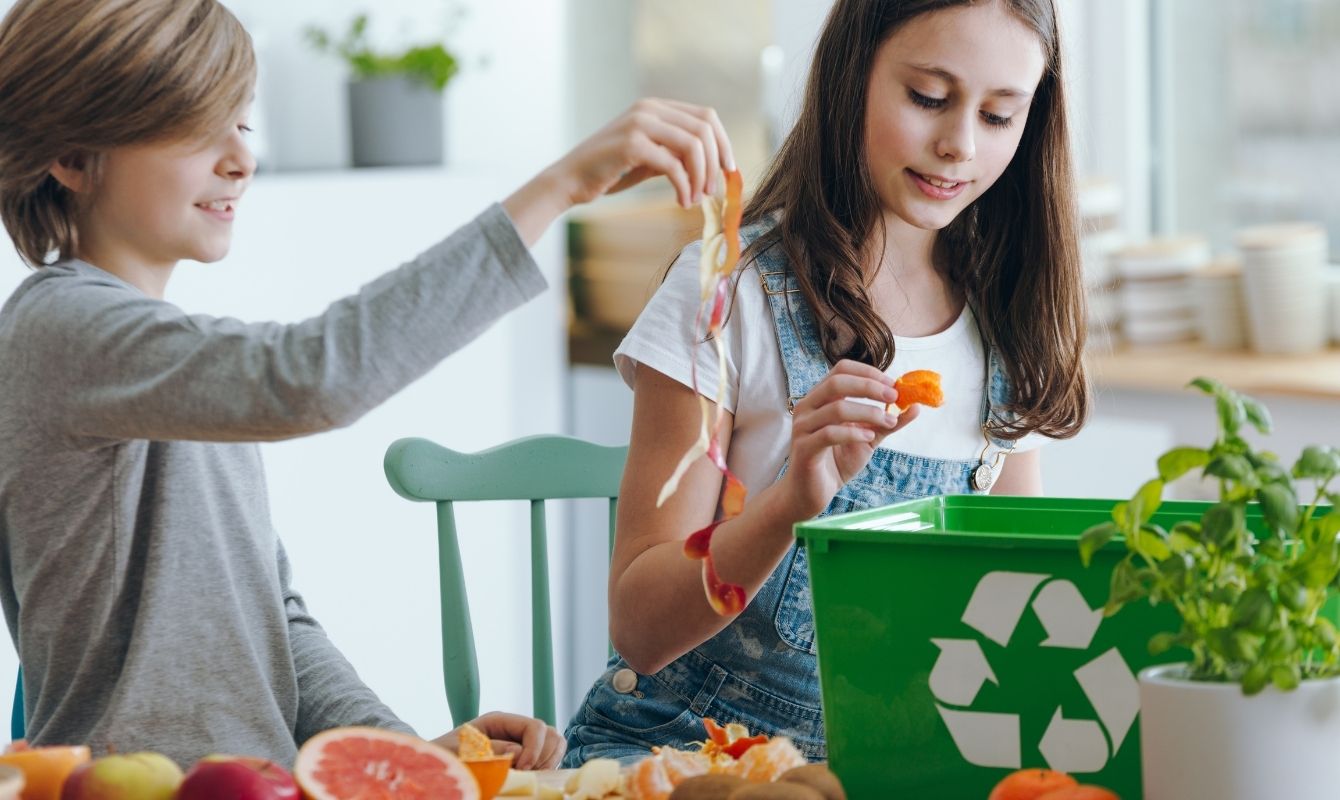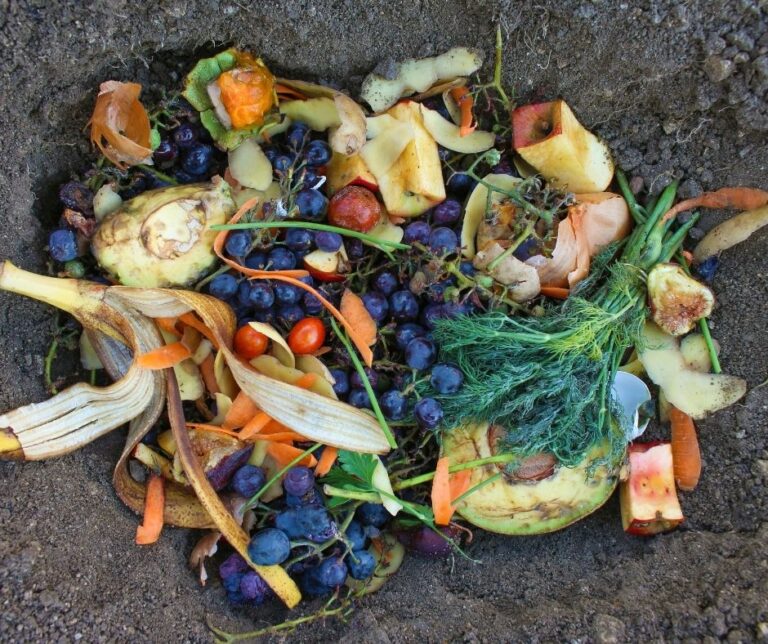
“A whopping 24 million slices of bread get thrown in home bins every day in the UK.” – The Guardian.
It makes you stop and think, doesn’t it?
Here are some more thought-provoking facts about food waste.
In the UK, 38.7 per cent of all lettuce and 25.5 per cent of all melon are thrown away, and the average UK family bins a whopping 12 weeks‘ worth of groceries each year.
That’s nearly £60 worth of food per month or an incredible £720 per year!
Global food waste has reached astronomical levels with over 1.3 billion tons or about one-third of all food produced being thrown away.
In fact in developed nations, it is estimated that around 1500 calories of food are wasted per person per day – more than enough to feed every person that lives below the poverty line.
Within the UK alone, people are going hungry every day whilst others are throwing masses of food away each week.
But food waste isn’t just a social or humanitarian issue; it’s also an environmental one.

When food is thrown away, all of the energy, water and labour required to grow, harvest, transport, and package it is wasted.
And when food rots in a landfill, it emits methane, a greenhouse gas that is even more dangerous than CO2.
Food waste usually happens in one of four stages.
In production, things like weather, farming equipment and even quality control on how food looks (please explain that one) can cause food waste.
During processing, poor storage and handling also cause food waste.
But the worst food waste occurs during the retail and consumption stages of its lifecycle.
From lack of understanding of best before dates to food that is thrown away by supermarkets when it passes its sell-by date, there are many causes of food waste at this stage.
For example, nearly 2.3 million tons of fish become food waste every year.
This equates to between 40 and 60 per cent of all fish caught in Europe.
The main causes of food waste at the consumption stage is people throwing away edible food because they believed it to be spoilt; or because it has spoilt as they never got round to using it on time.

So what can you do to remedy the issue of food waste?
There are some great online resources such as Slow Food in the UK, whether you are a consumer looking for good food, or a producer looking for support, they are a good place to start.
You can also look at the ‘Too Good to Go’ app.
Too Good To Go lets you rescue a ‘Magic Bag’ of food so it gets eaten instead of being wasted.
You won’t know exactly what’s in your order until you pick it up – it’s all part of the surprise.
They are already working with 13,326 business reducing their food waste and have sold over 5.5 million Magic Bags saving a huge amount of food from going to landfills.
Other things to consider are growing your own food, for example, mushrooms are easy to grow and are super healthy to eat.
Planning your weekly shop well can not only save on food waste but save you a considerable amount of money each month.
Also, making sure your fridge is set to 5 degrees will preserve food for longer and save you money.
Finally, the most powerful impact you as an individual can have is to talk about the issue at hand!
According to ReFED, ‘educating people about food waste could prevent 7.41 million tons of greenhouse gas emissions.’
‘Food waste is one of the world’s biggest causes of greenhouse gas emissions at roughly 8-10% globally. If food waste was a country it would sit in third place, below China and the US and just above India. Fortunately we can all do something about it.’
Richard Dickson – Co-Founder, Play It Green
Lower your footprint , help reforest the planet and take your first step on a journey to a sustainable future by subscribing to Play It Green for as little as £1.25/week.




